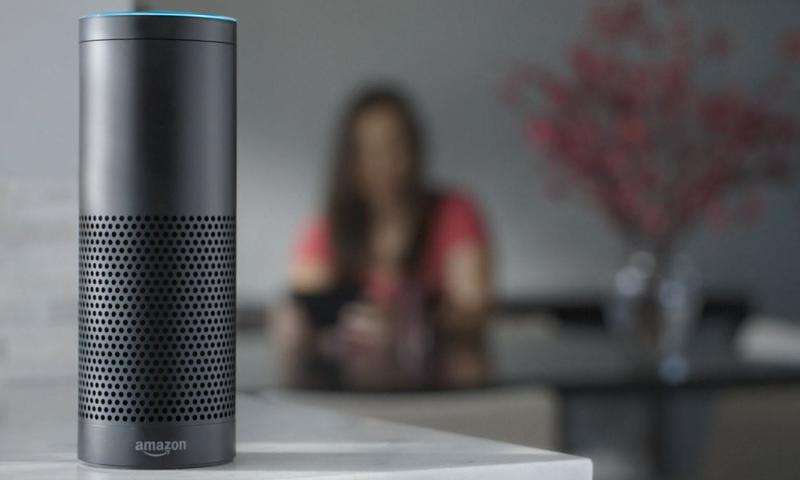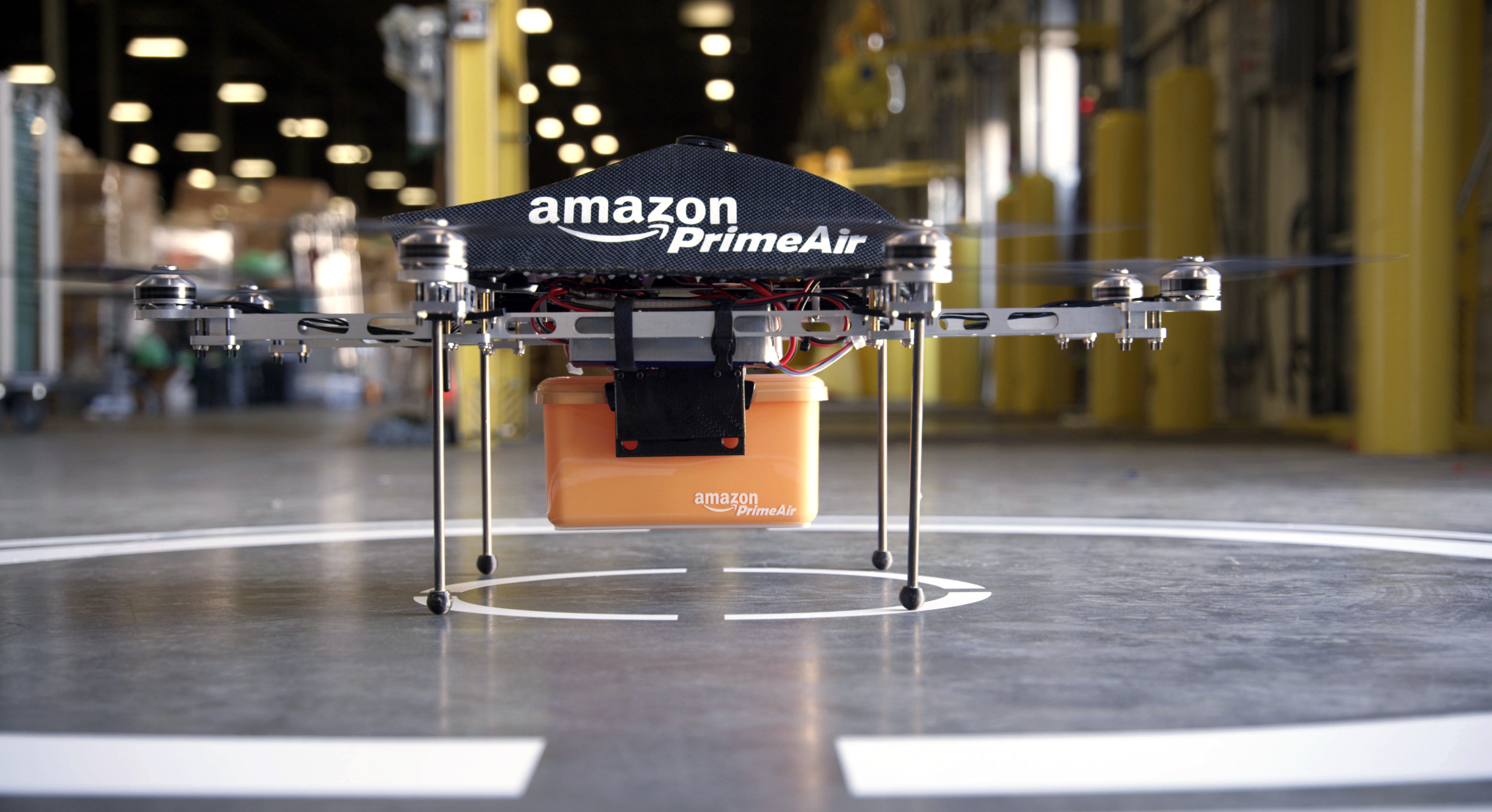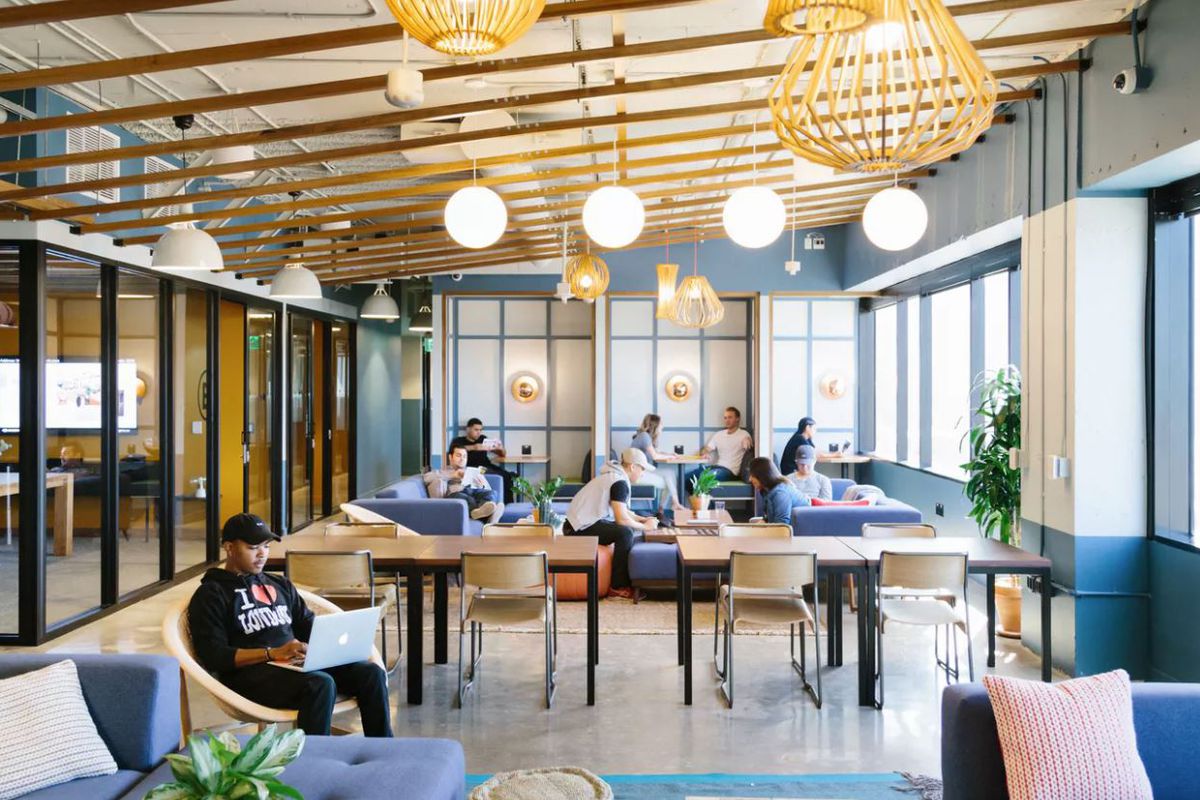Technology Trends Shaping Our Cities: Report
Technology is now central to every industry — from building construction to healthcare administration and food production.
The development of smart cities has called for the use of IT in critical city infrastructure, including smart transport, smart water, smart building, smart energy, smart education, smart security, smart governance, and smart healthcare.
The explosion of data production, both by cities and citizens, is changing how cities make decisions, while machine learning is changing how cities turn that data into actionable intelligence.
Blockchain technology is at this time moving out of the shadows and into city halls throughout the world, doing away with long-standing inefficiencies through data-driven city planning.
A new report by CB Insights has underscored the top tech trends poised to reshape industries, cities and lives across 2019, highlighting today’s technology landscape driving businesses strategy and laying the groundwork for future innovation.
Related: Are the Tech Giants Taking Over as Your City Leaders?

The smart home targets the senior citizen market
As technology has advanced, the classification of what is "smart" has stretched to encompass a host of technology: from mobile devices to TVs, cars, security systems and even kitchen appliances.
This has come as a result of almost every industry racing to market with electronic devices that connect to other devices or wireless networks to deliver on consumers’ heightened expectation of seamless connectivity.
While we’re most likely a decade or more away from consumers fully integrating smart homes into their lives, today’s consumers are dabbling with AI at mass scale, searching for ways to simplify life’s menial tasks.
According to recent research, the smart home market, valued at $76.62 billion in 2018, is expected to reach $151.38 billion by 2024.
CB Insights has highlighted that aged-care could be a ripe for distribution, as tech-friendly generations age up, new markets can open up.
Late last year, Amazon was granted a patent to detect “abnormal” voice conditions like coughing, sore throats, and even different emotional states like sadness and excitement, prompting Alexa to provide medicine or notify a loved one or a care provider.
Google also patented the use of always-on optical sensors in places like bathrooms to capture data on cardiovascular function.
“The more passive behavioural data we have on seniors, the more likely these devices will be used to detect major behavioural changes that signal a medical problem,” CB Insights said.
Related: Digital Revolution: Up to 46 pc of Australian Jobs at Risk

Malls are out. Retail moments are in.
It's no secret that traditional retail outlets are currently struggling, while shopping itself is still as popular as ever, the channels are changing.
Earlier this year, shopping centre giant Vicinity Centres devalued its $15.8 billion portfolio by 0.2 per cent, a decline of $37 million over the six month period.
The write-down occurred amid a challenging retail environment in Australia and globally, with cautious consumers worrying about sluggish wage growth, a seismic shift in shopping habits and the rise of giants such as Amazon.
Over the course of 2018, Australia and New Zealand saw a 15 per cent decline in shopping centre visits compared with the previous year, according to a UBS survey.
“Startups like Cargo are tapping into the idle moments that riders spend in cabs,” CB Insights said.
“Cargo installs boxes with products from big brands inside the cars of ride-hailing companies like Uber.”
“If a customer gets into a Cargo-equipped car, they can scan a QR code or enter a numerical ID to browse the car’s inventory and choose a product to purchase.”
Last year, Walmart was granted a patent that would allow customers to strap on virtual reality headsets and sensor-laden gloves to interact with a Walmart store in a virtual world.
Autonomous robots would then fulfil virtual orders in a Walmart factory.
Related: Flying Cars Could Create a $1.5 Trillion Market by 2040

Last-mile delivery to further automate
The last mile is the final step from the original destination to your residence, and it has become a virtual battlefield for companies that offer grocery, food and services delivery.
In recent years, startups have begun to offer numerous innovative transportation solutions, typically providing mobility-as-a-service.
While this started with ride sharing, it has more recently spread to shared bikes, scooters, and soon, even robots will help people transport goods short distances.
According to McKinsey, last-mile costs per delivery can range between $2.40 and $6.30 threatening to impact half of all traditional grocers who are in danger of closing by 2026 if they don't update.
Uber’s standalone food delivery app Uber Eats, for example, is the most profitable part of the company.
McKinsey also found that an estimated 40 per cent of all restaurant orders will come from delivery services by 2020, making the challenge of last mile grocery delivery essential to retailers.
Last year, US-retailer Kroger partnered with self-driving startup Nuro to deliver groceries from its Fry’s Food Stores to residents in Arizona.
Ford and Domino’s also began a two-month partnership in Michigan where customers would order food and have Ford Fusion hybrids deliver it.
“In 2019, expect more companies to begin using autonomous vehicles in their last-mile deliveries,” CB Insights said.
“Some of these cases might even potentially move beyond pilots depending on regulations, which tend to vary widely by state.”
Amazon's "Prime Air", a "future delivery system from Amazon designed to safely get packages to customers in 30 minutes or less using unmanned aerial vehicles, has remained dormant since 2016 with the company continuing to work on a safe and viable flight management system.
Related: Rethink Design to Fix Housing Affordability Woes, Says Aussie Tech Startup

Smart buildings maximise comfort, wellness, and efficiency
In a world where people only stay in one job for an average of 4.4 years, maybe it isn’t too surprising that many of us are breaking-off our long-term relationship with the nine-to-five grind and embracing a style of work that champions autonomy and flexibility.
Intuitive office and co-working spaces are setting new standards for comfort and flexibility across the world with new applications enabling more productive workspaces, from ergonomic chairs to the right type of lighting.
New sensors being used in office environments can now track the number of people present at any given time and adjust aspects like heating, cooling, and lighting to match.
Amazon-backed Ecobee released an occupancy sensor to track the number of people that are in a room and adjust HVAC systems accordingly.
Envairo, on the other hand, uses sensors that take in data on factors like heat, carbon dioxide, and moisture to determine the number of people in a room.















